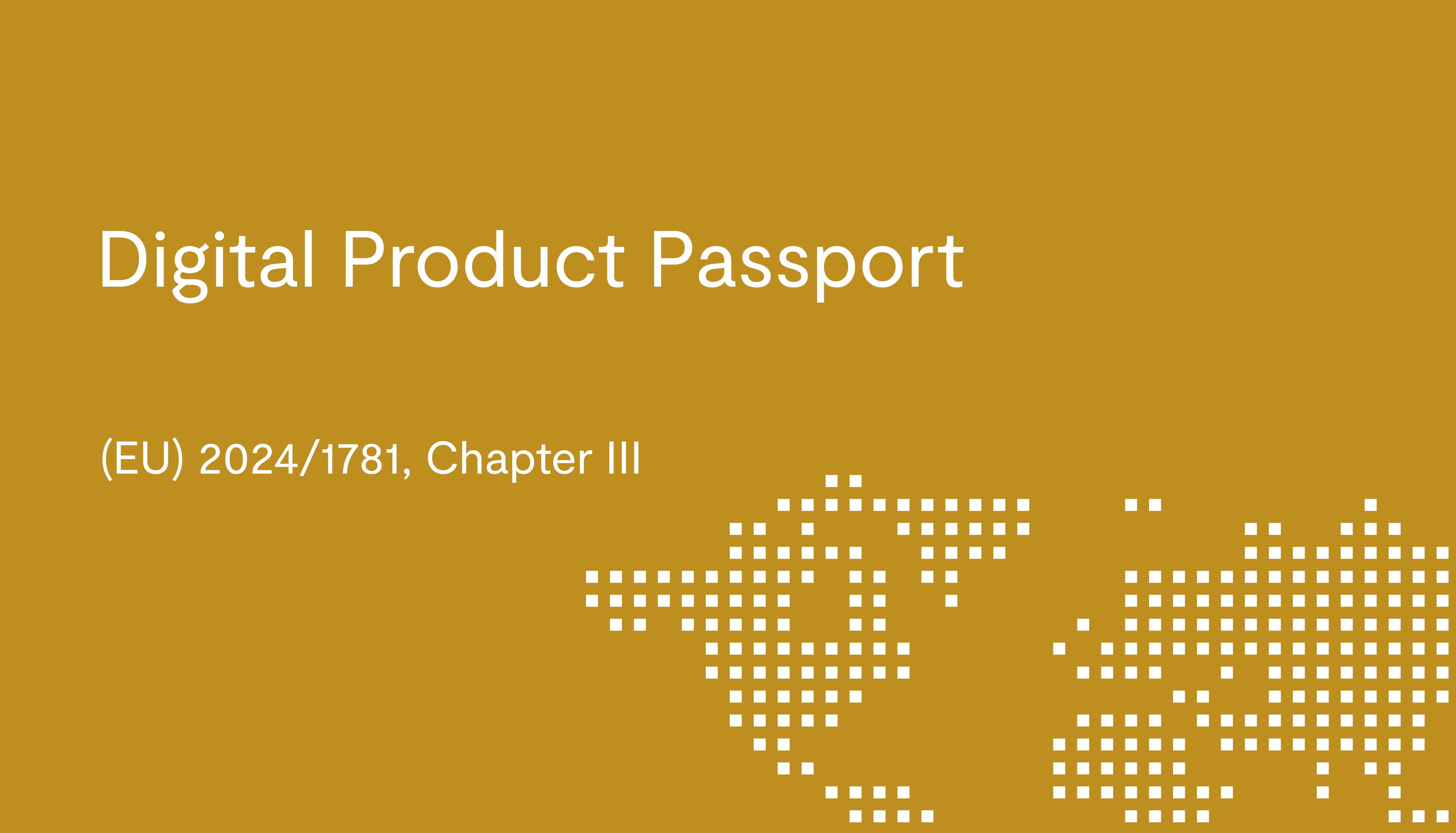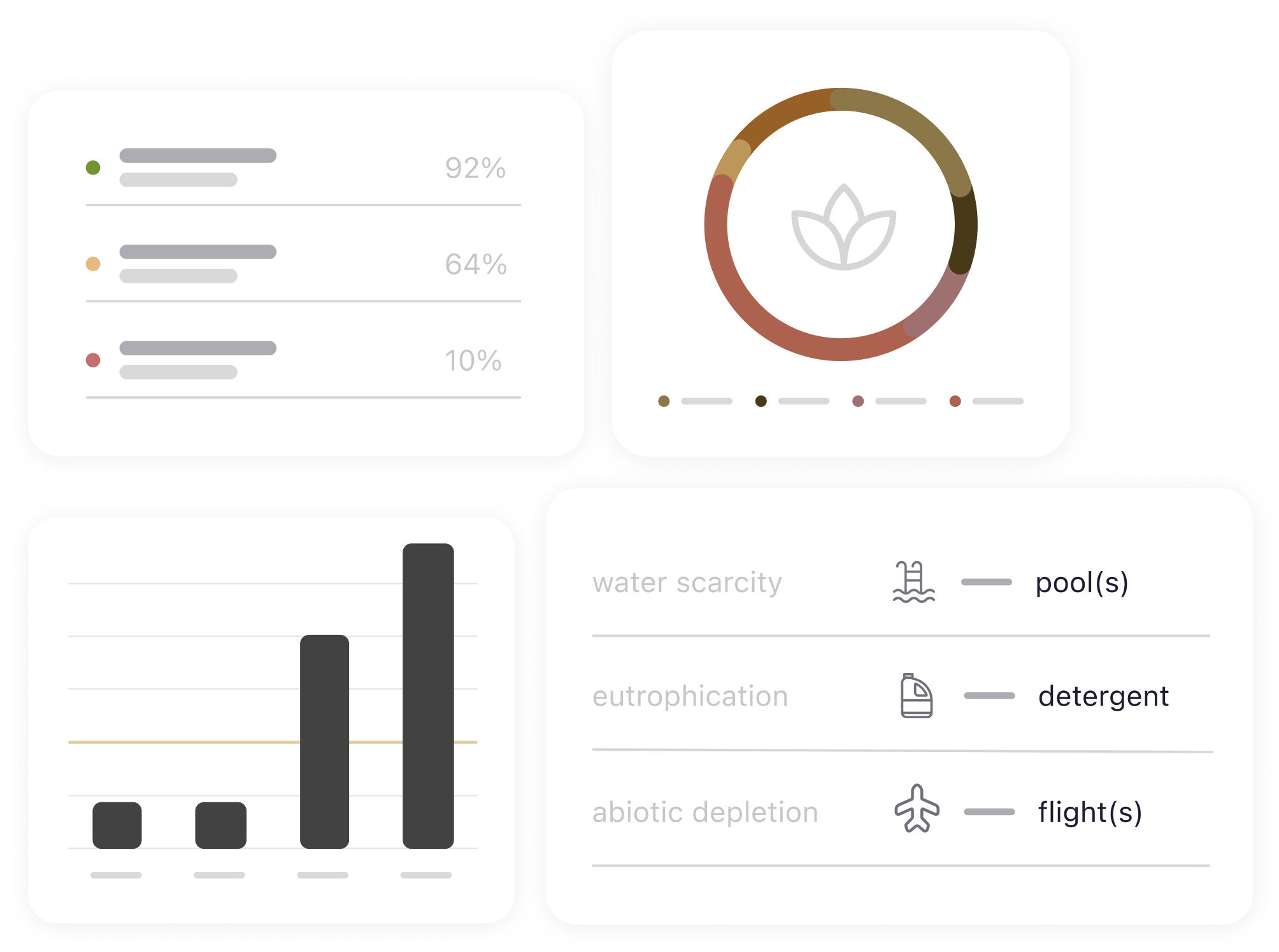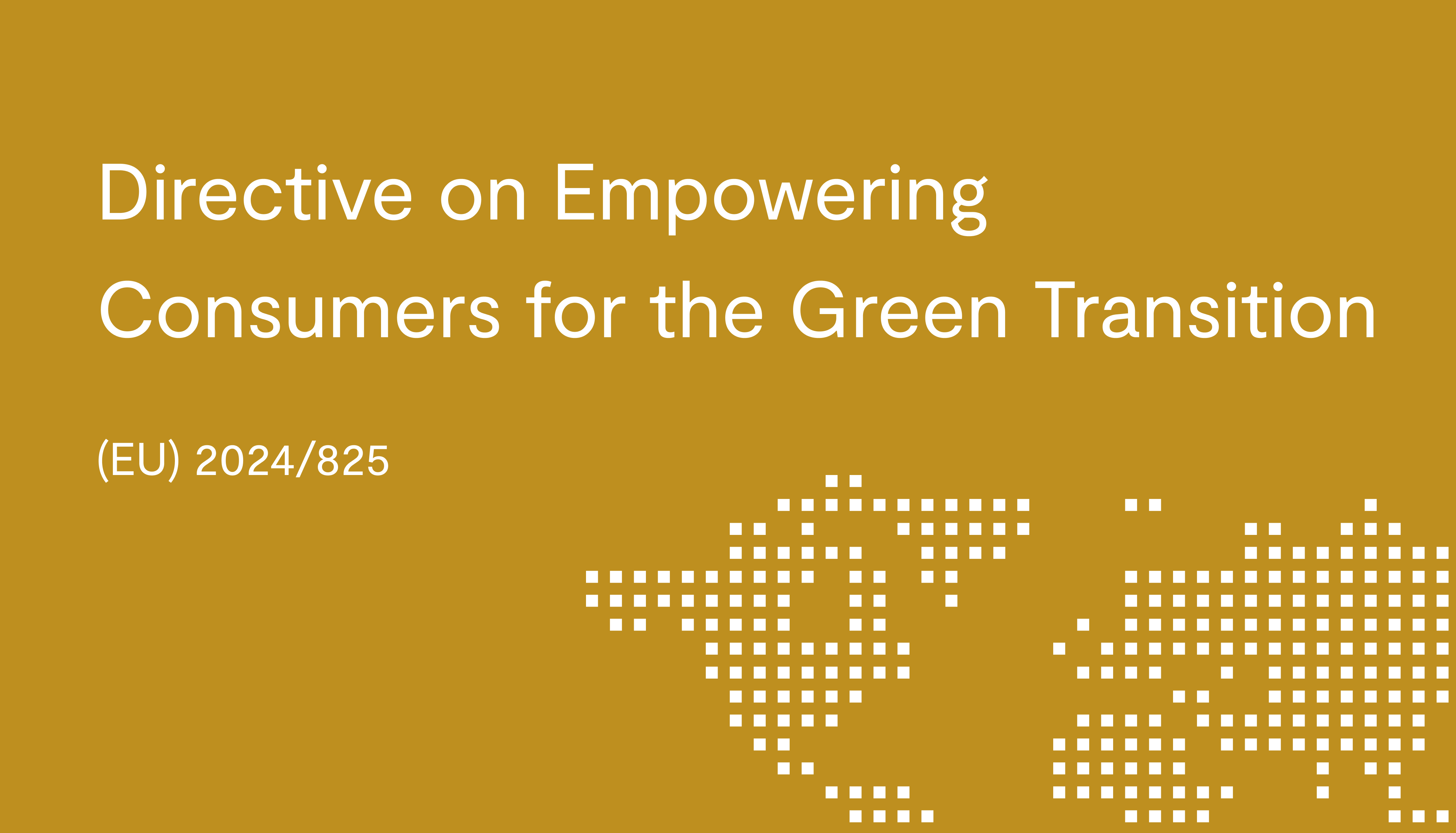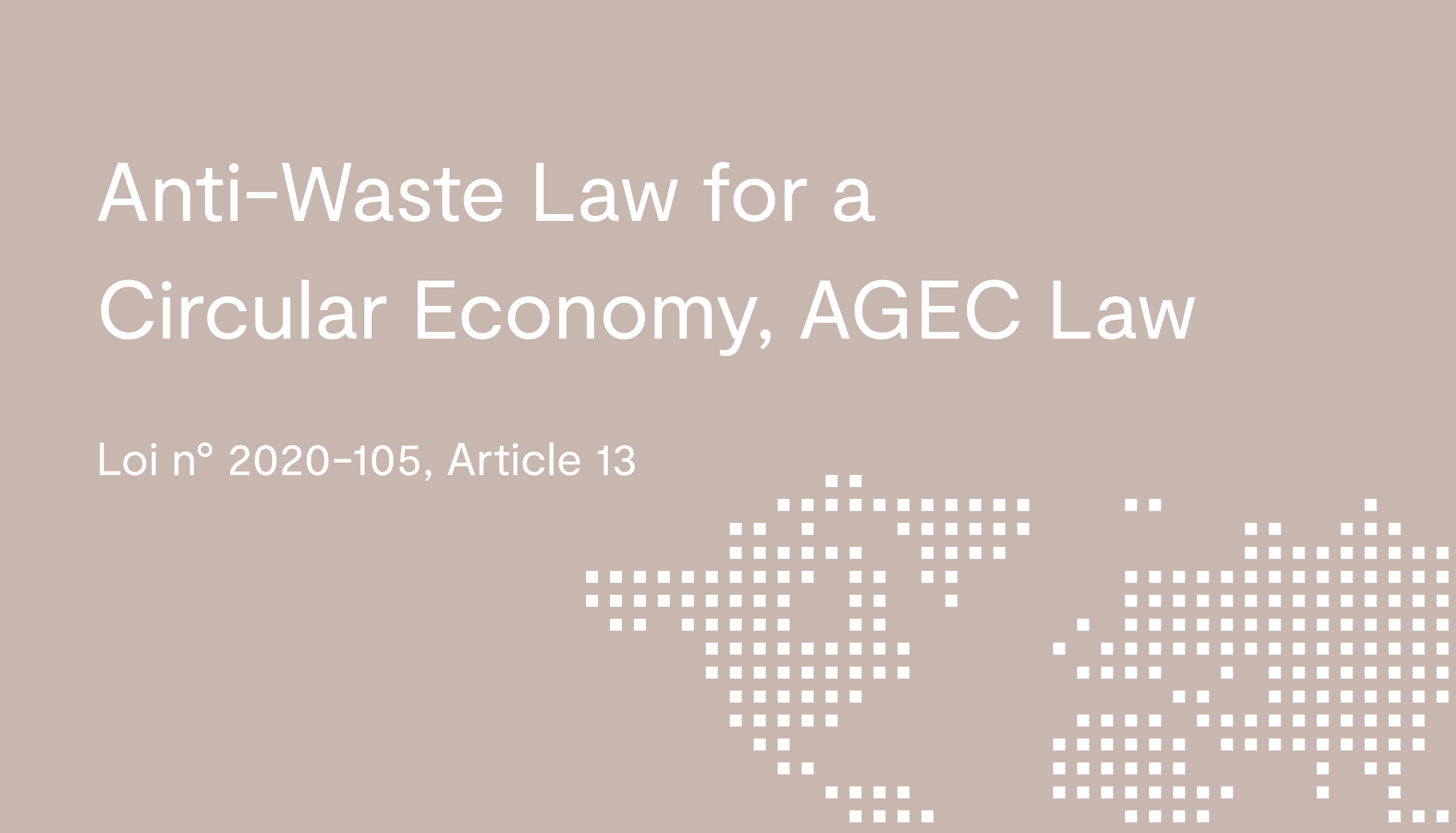The Digital Product Passport will increase transparency, make supply chains more sustainable and allow consumers to make informed choices
Thierry Breton, the European Commissioner for Internal Market
How can you ensure that your customers have easy access to information about the environmental and social impact of your products?
Requirements introduced by legislation
- Enablement of businesses to provide accurate information, such as materials used, manufacturing processes, and the environmental impact.
- Facilitation of traceability of products throughout their lifecycle, from production to disposal.
- Better digitalization support by providing a standardized format for product data that can be easily shared and accessed across different systems.
Who must comply
Businesses that produce, sell or distribute physical products in the European Union.
Key law specifications
There are three categories of data that can be collected for and stored in a Digital Product Passport:
- Product traceability data.
- Sustainability data.
- Product-specific data, such as name, model, brand, etc.
Penalties for non-compliance
- Member States are responsible for establishing penalties for violations of the Regulation, and they must ensure the effective, proportionate, and dissuasive nature of these penalties, considering the degree of non-compliance and the quantity of non-compliant products in the Union market.
- Member States are required to communicate these penalty provisions to the Commission no later than one year after the Regulation’s application date. Additionally, any subsequent amendments to these provisions must be promptly reported to the Commission.
- The penalties outlined in the Regulation are expected to be implemented by Member States, emphasizing the importance of enforcement measures to uphold regulatory compliance.
Take action with BCome
- Save 80% of your time coordinating traceability with a single person.
- Get your impact data in just 7 days after traceability is completed.
- Automatically share the indicators using BCome’s digitization tools.
Timeline for its entry into force and compliance
2024 – 2030
Drafting of delegated acts
The implementation timeline for the DPP is set to unfold from 2026 to 2030.
2024
Awaiting formal adoption
Once adopted, the first working plan under the new regulation will be approved, which will establish which products would be targeted.
December 2023
Provisional agreement on the ESPR
Provisional agreement reached between the European Parliament and the Council for more sustainable, repairable and circular products.
May – September 2023
Call for proposals on the Digital Product Passport
Support one pilot action that demonstrates in real setting and at scale DPPs in at least 2 value chains.
January – May 2023
Open public consultation
The Commission sought views on the categories of new products and measures to address first, so that it could set priorities transparently.
March 2022
Adoption of the ESPR proposal by the European Commission
The European Commission proposed the Ecodesign for Sustainable Products Regulation as part of the Circular Economy Action Plan.









